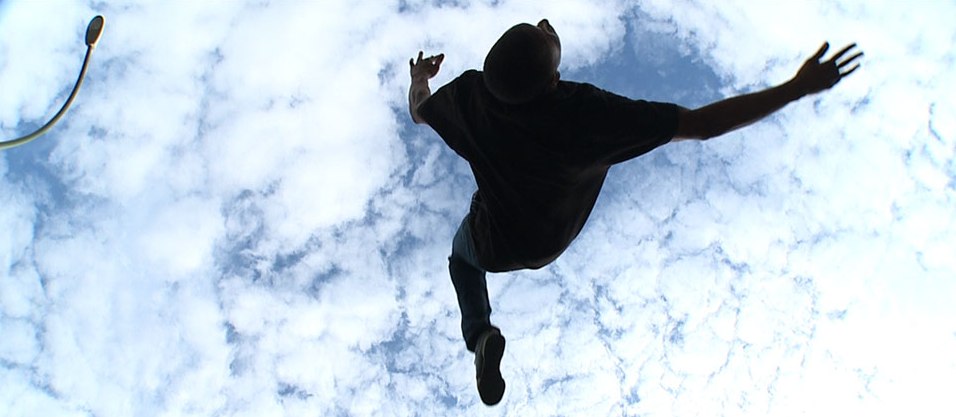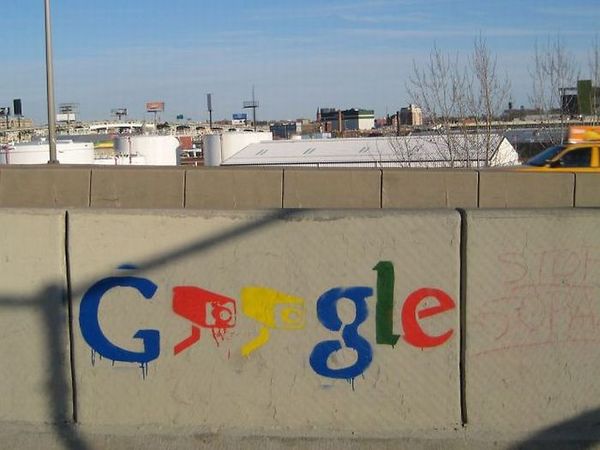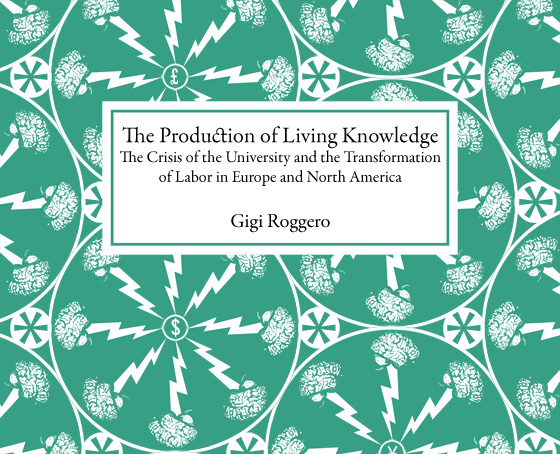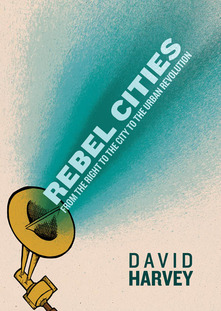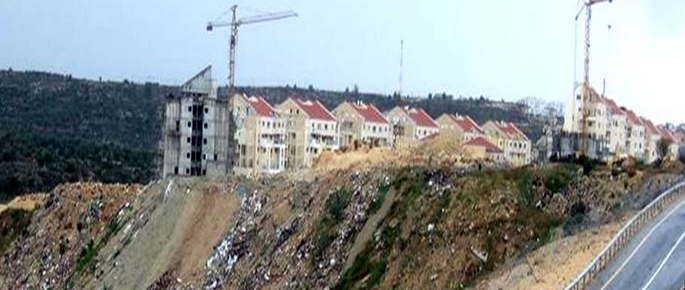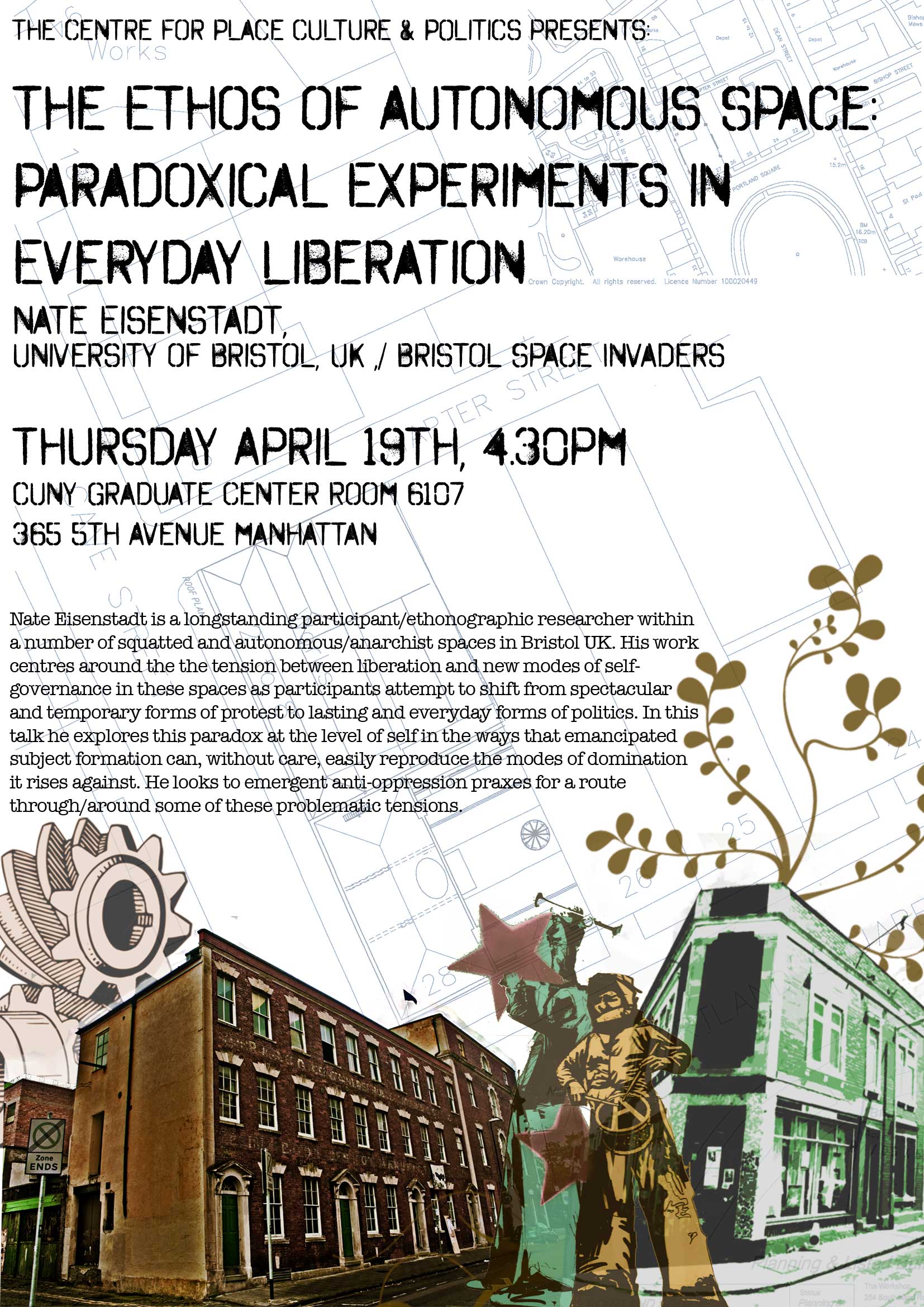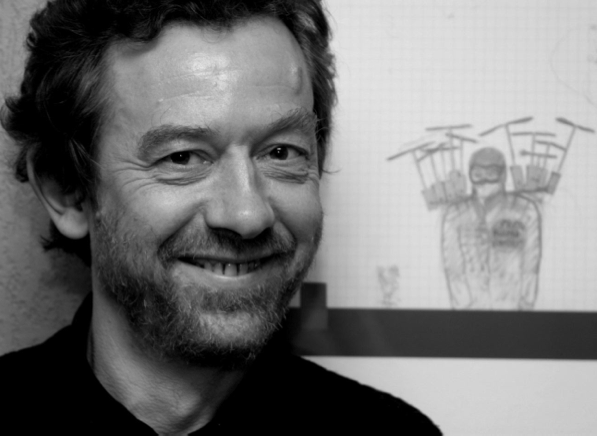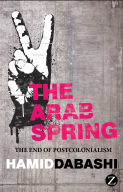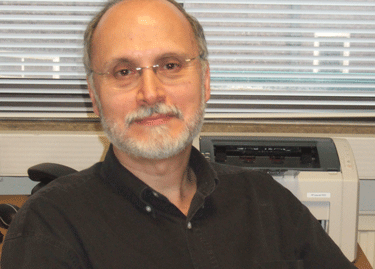The Furious Force of Rhymes
05/08/2012
6:30 pm - 9:00 pm
Martin E. Segal Theatre
“…one is again and again challenged by the uncompromising radically and need for expression of the artists encountered; seduced by their inventiveness, struck by their lucidity, conquered by their pacifism… Ultimately, this series of stories is as much a geopolitical treatise, a compendium of suffering and anger expressed in the name of art. Hip-Hop emerges full-grown.” – La Croix
The Googlization of Everything
05/07/2012
4:00 pm - 5:30 pm
The Roosevelt House Public Policy Institute at Hunter College
In this provocative book, Siva Vaidhyanathan examines the ways we have used and embraced Google—and the growing resistance to its expansion across the globe. He exposes the dark side of our Google fantasies, raising red flags about issues of intellectual property and the much-touted Google Book Search. He assesses Google’s global impact, particularly in China, and explains the insidious effect of Googlization on the way we think. Finally, Vaidhyanathan proposes the construction of an Internet ecosystem designed to benefit the whole world and keep one brilliant and powerful company from falling into the “evil” it pledged to avoid.
‘The Production of Living Knowledge’ with Gigi Roggero and Stanley Aronowitz
05/03/2012
6:00 pm - 8:00 pm
Room 6112
New student struggles in the U.S. and across the world have revealed a simple truth about the university system: It is a key site of production, but also of conflict and transformation, within “cognitive capitalism”—a regime in which knowledge has become increasingly central to processes of global capitalist expansion. Based on extensive fieldwork carried out through the activist method of conricerca, or “co-research,” wherein both knowledge and political subjects are produced in common, Roggero’s book situates the crisis of the university and the changing composition of its labor force against the backdrop of the global economic crisis. Roggero produces a distinctly transnational and methodologically innovative critique of the global university from the perspective of what he calls “living knowledge.”
Rebel Cities: David Harvey in conversation with David Graeber
04/25/2012
6:30 pm - 8:30 pm
Proshansky Auditorium
Long before the Occupy movement, modern cities had already become the central sites of revolutionary politics, where the deeper currents of social and political change rise to the surface. Consequently, cities have been the subject of much utopian thinking. But at the same time they are also the centers of capital accumulation and the frontline for struggles over who controls access to urban resources and who dictates the quality and organization of daily life. Is it the financiers and developers, or the people?
Revolting Times, Revolting Spaces: Report Back from Israel Palestine
04/24/2012
6:30 pm - 8:00 pm
Room 6304.01
Rachel Liebert, Puleng Segalo, Wen Liu, Hillary Caldwell, Jen Gieseking, and Einat Manoff will present on their recent visit to Israel-Palestine and share reflections on scholar-activist encounters around resistance and participation.
The Ethos of Autonomous Space: Paradoxical Experiments in Everyday Liberation
04/19/2012
4:30 pm - 6:30 pm
Room 6107
Nate Eisenstadt is a longstanding participant/ethnographic researcher within a number of squatted and autonomous/anarchist spaces in Bristol UK. His work centers around the tension between liberation and new modes of self-governance in these spaces as participants attempt to shift from spectacular and temporary forms of protest to lasting and everyday forms of politics. In this talk he explores this paradox at the level of self in the ways that emancipated subject formation can, without care, easily reproduce the modes of domination it rises against. He looks to emergent anti-oppression praxes for a route through/around some of these problematic tensions.
A Conversation with Erik Swyngedouw
04/18/2012
6:30 pm - 8:30 pm
Room 6107
Erik Swyngedouw is Professor of Geography at the University of Manchester in its School of Environment and Development. Swyngedouw is committed to political economic analysis of contemporary capitalism, producing several major works on economic globalisation, regional development, finance, and urbanisation. Latterly his interests have turned to political-ecological themes and the transformation of nature, notably water issues, in Ecuador, Spain, the UK, and elsewhere in Europe.
Hamid Dabashi, “The Arab Spring: The End of Postcolonialism”
04/16/2012
7:30 pm - 9:00 pm
Proshansky Auditorium
In this landmark book, Hamid Dabashi argues that the revolutionary uprisings that have engulfed multiple countries and political climes from Morocco to Iran and from Syria to Yemen, were driven by a ‘Delayed Defiance’ – a point of rebellion against domestic tyranny and globalized disempowerment alike that signifies no less than the end of Postcolonialism. Sketching a new geography of liberation, Dabashi shows how the Arab Spring has altered the geopolitics of the region so radically that we must begin re-imagining the moral map of ‘the Middle East’ afresh.
The Arab Upheaval: a talk by Gilbert Achcar
04/14/2012
11:30 am - 2:00 pm
16 Beaver St
The Arab upheaval ignited in Tunisia in December 2010 is now well into its second year. It has overthrown three Arab rulers, in Tunisia, Egypt and Libya, and forced another to hand over power in Yemen. However, uprisings in Bahrain and Syria have been violently repressed, the latter at the cost of ten thousand lives already. This is while the future of the revolutionary process is uncertain in the four countries where initial victories have been achieved, with electoral processes proving unable to quench the upheaval’s fundamentally social dynamics.
Every Twelve Seconds: Industrialized Slaughter and the Politics of Sight
04/05/2012
6:30 pm - 8:30 pm
Room 5307, CUNY Graduate Center
Every Twelve Seconds: Industrialized Slaughter and the Politics of Sight (Yale University Press, 2011) is an account of industrialized killing from a participant’s point of view. Political scientist Timothy Pachirat, was employed undercover for five months in a Great Plains slaughterhouse where 2,500 cattle were killed per day—one every twelve seconds. Working in the cooler as a liver hanger, in the chutes as a cattle driver, and on the kill floor as a food-safety quality-control worker, Pachirat experienced firsthand the realities of the work of killing in modern society. He uses those experiences to explore not only the slaughter industry but also how, as a society, we facilitate violent labor and hide away that which is too repugnant to contemplate.

